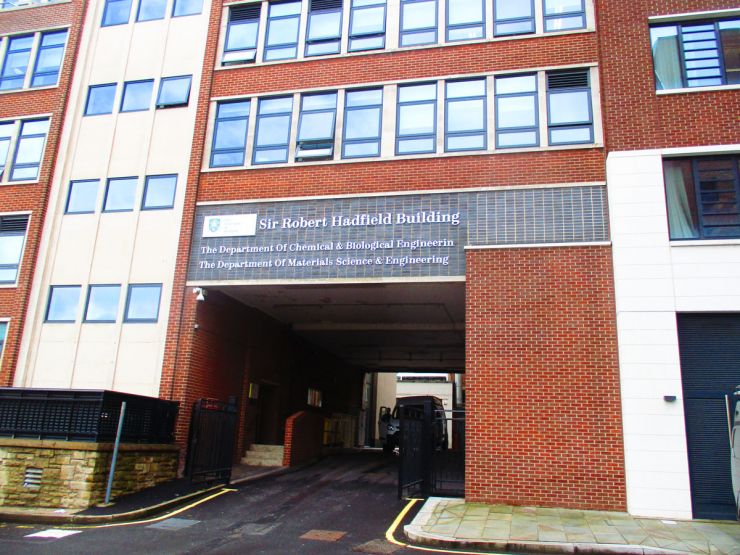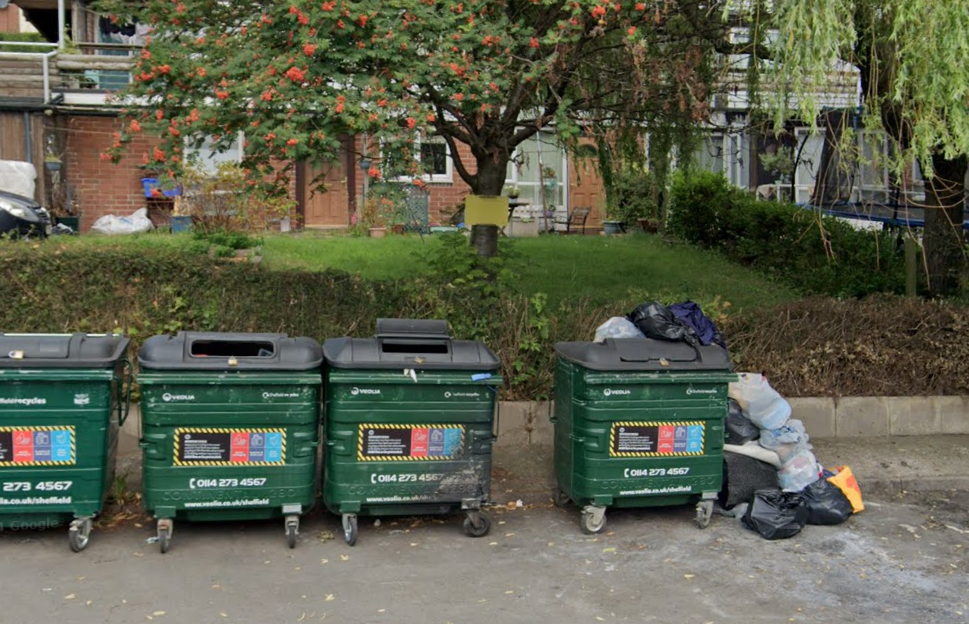Engineers have developed a sustainable way of making zinc oxide, a key ingredient in many products like sunscreen, batteries, tyres, and sensors.
The new technique, developed by researchers at the University of Sheffield and Imperial College London, is cost effective and much better for the environment as it requires 95% less energy than the current method.
The team was led by Dr Kyra Sedransk Campbell from the University’s Department of Chemical and Biological Engineering. She and Jason Hallett, a professor in Sustainable Chemical Technology at Imperial College, co-supervised Ph.D student Francisco Malaret for this project.

Dr Campbell explained that her focus in her research is how to make the world a better place.
She said: “I can see how much of a global environmental impact we can make, which matters.
“If I spend my whole career on that, then I will feel that I have done something good, which is something that drives me to do scientific research.”
The new process of making zinc oxide uses a “one-pot” method, compared to the traditional method which uses a 900C furnace.
Dr Campbell explained: “You add in the ingredients and change the environment and conditions around it. We use a lower temperature, water-based process.
“It doesn’t have the same energy input requirement, so it’s better for the environment.”
She said: “It’s not complicated or expensive either, meaning we can produce it in large quantities, which is a hugely important factor when it comes to costs.
“We have to make a better quality product at a lower price point, and that’s where our technology shows to be significantly better than it’s competition.”
In personal care products, such as sunscreens, it is essential to make a cost effective ingredient for products. Zinc-based sunscreens are currently very expensive, and cheaper sunscreens contain chemicals that are harming marine life. The aim to make a higher quality zinc oxide crystal at a lower price point is beneficial, as most people are unable to afford high-end products.
The three scientists have now launched a spin-out company Nanomax to commercialise the technique. The company is currently patent-pending but has already had discussions with many reputable companies, such as Tata and Liberty.
Dr Campbell explained: “We want to work with companies to deliver this new method, but similarly we can work with them to help produce high quality products. We’ve started on this with sunscreen manufacturing; had some interest with new zinc-based batteries, and we are engaging with Dunlop for their tyres.”
She said: “We’re now part of the Imperial Venture Mentor Scheme. We have two mentors who are helping us navigate this next phase of the company, which is to scale-up in delivery and find partners.
“It’s all well and good developing a method but if you don’t take it to a commercial place then it won’t actually make a global impact.”
The company is focused on manufacturing the active zinc oxide ingredient, as well as reducing the impact manufacturing has on the environment by replacing outdated technologies.
She said: “We actually formed the company so we could do a Climate-KIC, which is a competition for clean energy companies. We came in second place in England.
Dr Campbell explained that her team of researchers are using the process on recycled zinc, meaning no significant environmental footprint. Nanomax will be working alongside companies like British Steel by separating the zinc out of their waste stream.
She said: “Any process requiring a new material has an impact on your entire environmental footprint. So, we’re trying to change it. We’re not mining anything new for our process.
“Everyone is talking about the manufacturing of new sunscreen, which is so important. But the bigger picture is that the process itself has the potential to deliver this circular economy, and the process can be used for other materials too.”




